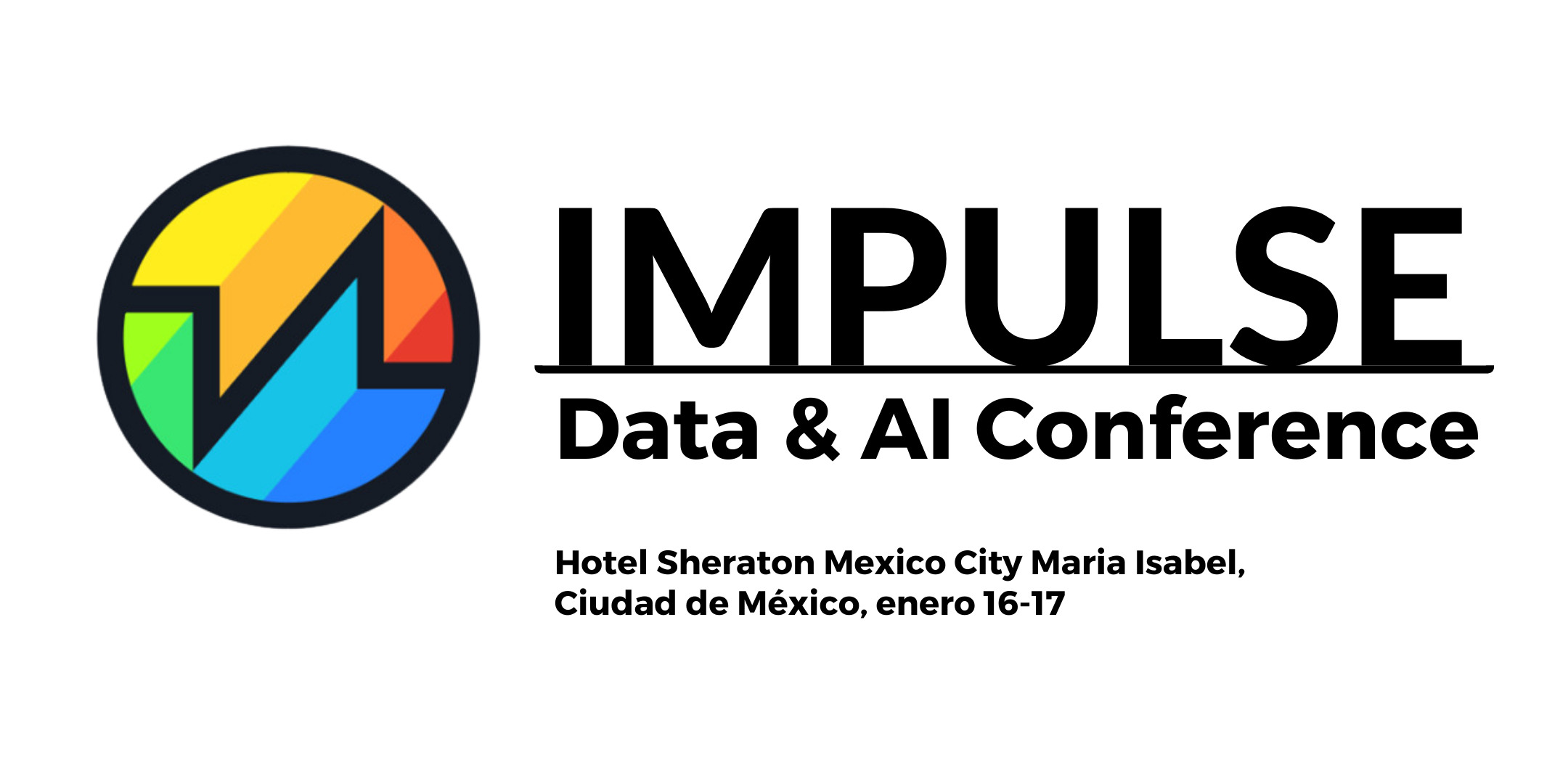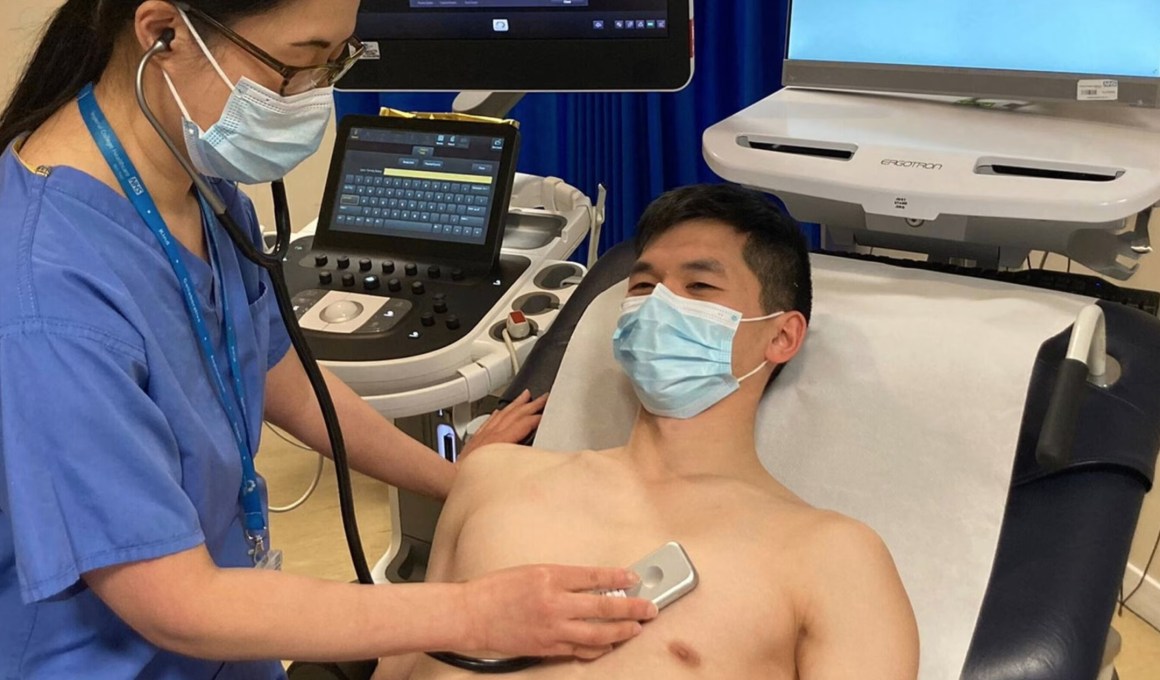
Golborne Medical Centre in the UK, alongside 199 other locations, is pioneering the use of an AI-integrated stethoscope. This innovation, licensed for general physicians, is the first in primary care to autonomously prescribe medication for heart diseases, marking a significant shift from traditional methods.
This AI stethoscope, developed by Eko, a Mayo Clinic spin-off, represents an advancement from the unchanged design of the past 200 years. It promises to accelerate diagnosis and treatment, potentially reducing the NHS diagnostic waiting lists, which currently see around 300,000 patients for heart conditions.
The technology is expected to reduce the lengthy process of traditional heart disease diagnosis, which often takes 8-12 months for a cardiologist appointment. By instantly analyzing heart rhythms, it aids in quickly identifying conditions like heart failure, atrial fibrillation, and valvular heart disease. During trials, the Eko stethoscope demonstrated an 85% accuracy in detecting treatable heart failures and a 93% specificity rate compared to blood tests.
The introduction of this tool is timely as the NHS faces immense pressure, especially with an expected challenging winter ahead. With 7.7 million people waiting for non-emergency appointments, the AI stethoscope’s efficiency could alleviate some of the strains, saving the NHS approximately £2,500 per early detected patient, amounting to about £1 million yearly in one north-west London sector alone.
However, embracing this technology requires a shift in practice. While the AI stethoscope offers a more streamlined approach, physicians must still confirm diagnoses with traditional blood tests and adapt to the new technology’s nuances, such as its digital connectivity and regular charging needs.
In clinics like Golborne, the initial reception of the AI stethoscope is optimistic. It’s seen as a potential tool for broad population-level screening and a way to reconnect GPs with the impactful aspect of their work. As the NHS and other health services consider integrating such AI tools, the focus remains on enhancing patient care, reducing wait times, and effectively managing resources.
_
With information of FT







